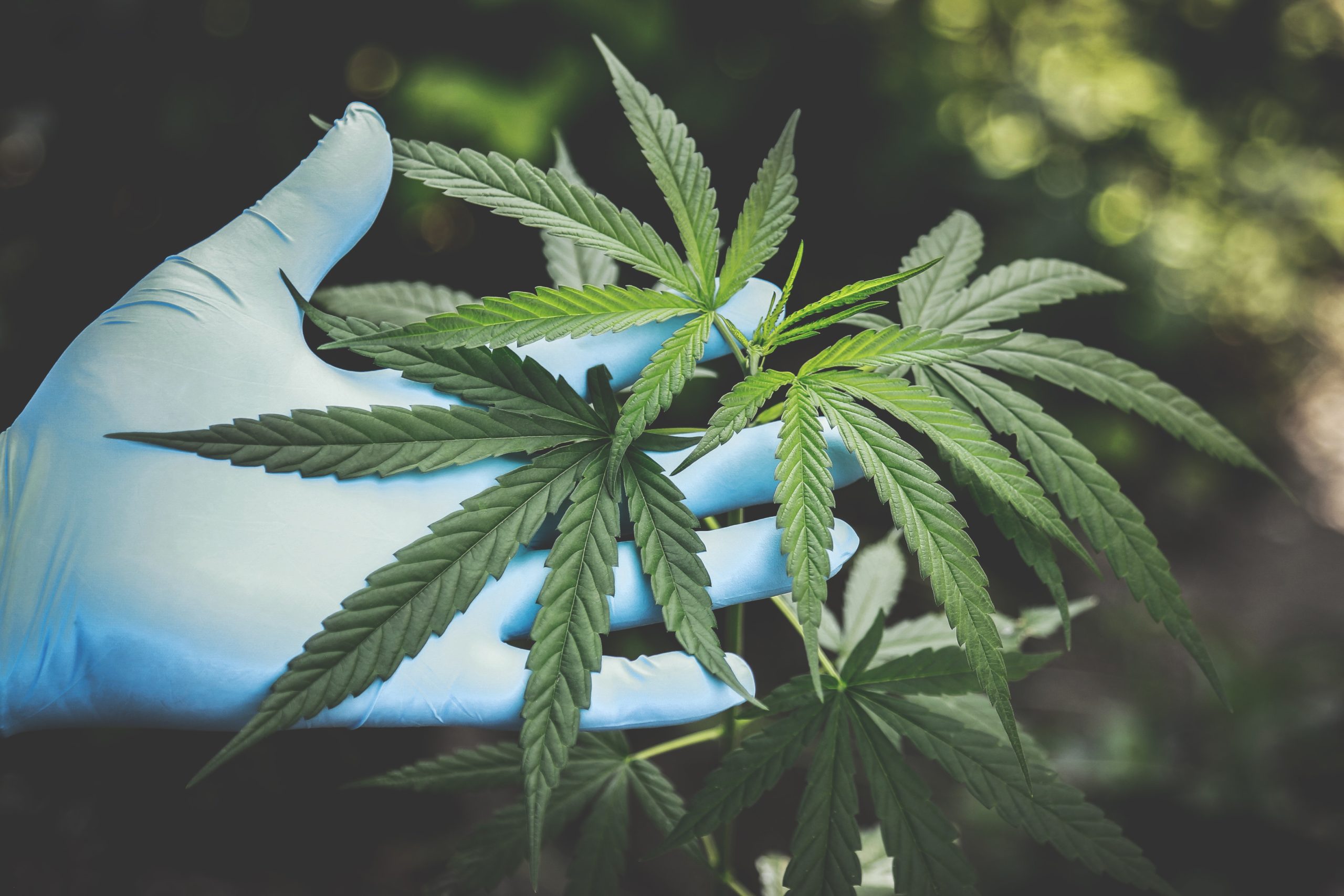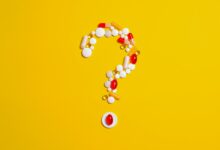
What Are The Differences Between CBD & THC
Those who stay on top of the latest health & wellness trends will know that the world has gone CBD crazy. Everywhere you look, there’s a new shop opening up, selling a range of products with all sorts of possible health benefits. At the same time, many of these products mention something called THC. You sometimes get things that promote the benefits of THC rather than CBD.
Most importantly, you recognize that both have something to do with cannabis. However, that’s where your understanding ends. What are the differences between the two, and how does this relate to your health? Stay tuned as we explore CBD & THC and what both substances supposedly do to your body.
What is CBD?
CBD stands for cannabidiol, a chemical in the cannabis plant. To be more specific, it comes from hemp, which is a strain of the cannabis plant. Recently, companies have been extracting cannabidiol from this plant and using it in tinctures, creams, gels, and many other products. This is because it’s believed that CBD has some properties that provide various health benefits – though more research and evidence are required to conclusively prove any claims.
What is THC?
THC has a much longer name: Delta-9-tetrahydrocannabinol. You can see why the shortened version is used more often, as that’s a bit of a mouthful. Effectively, it is similar to CBD in that it’s another one of the 80 or so chemicals found in the cannabis plant. Regarding cannabis and cannabis culture, THC is the most famous ingredient. People knew it before CBD became prominent and stole all the limelight. When you are preparing cannabis, this is one of the main elements that you will probably be interested in.
The main difference between CBD and THC
On a chemical level, you can argue that both substances are the same because they are cannabinoids. This is true, but they fundamentally differ in how they interact with our bodies.
Have you ever wondered why smoking cannabis makes you feel high? This sensation is caused by a chemical reaction in your body, and THC is the main instigator. As a chemical compound, it is similar in structure to the main cannabinoid receptors in your body. Thus, it can bind and interact with these receptors and cause many people to associate with cannabis. We won’t go too deep into the science here as it is complicated and hard to explain. The gist is that THC makes you feel high and elated when you smoke cannabis.
On the other side of the table, you have CBD. Unlike THC, this chemical compound doesn’t cause feelings of elation or make you “high.” Instead, it reacts with the cannabinoid receptors in a different way – the exact details of this are still pretty murky and unknown. But, some early evidence suggests that CBD reacts with things to elicit potential health benefits.
In short, the difference is that THC is the chemical that makes you feel high, while CBD doesn’t.
The possible health effects of both
The main reason both CBD and THC are talked about is that they could present specific health effects when taken regularly. Naturally, THC is regularly associated with helping individuals cope with pain. This is because it gives you a high feeling, often helping to disassociate yourself from the feeling of pain. Likewise, it is commonly prescribed for individuals suffering from sleeping problems or high-stress levels.
Similarly, CBD can help with stress and chronic pain without making you feel high. There have also been links suggesting CBD helps treat the following:
- Seizures
- IBD
- Depression
- Psychosis
- Migraines
It is essential to leave the caveat that, although some research is done on this topic, there still isn’t conclusive evidence that CBD or THC is 100% capable of treating anything.
How are CBD and THC taken?
Naturally, you assume that you need to smoke marijuana to get the benefits of either product. Indeed, medical marijuana is legal in many areas, and you can buy recreational marijuana in some places too.
Nevertheless, most people prefer to seek alternative means. These days, one of the most popular ways to ingest CBD or THC is through edibles. Products like the Delta 9 Gummies contain percentages of these compounds and can be eaten throughout the day – almost like a vitamin.
It’s also possible to use CBD/THC in the following formats:
- As oils
- As topical creams/gels
- As tinctures
- As powders
Should you try CBD or THC?
In truth, it is entirely up to you. Most people are recommended CBD as it doesn’t have as many side effects because it has no psychoactive properties. If you are looking for CBD products, check the ingredients on the back. It needs to have less than 0.3% THC, or you may see some side effects associated with THC.
If you have specific medical problems linked to either of these compounds, you might see the benefits of trying treatments using them. Of course, consult with a doctor before making a decision. It’s also wise to check the legality rules in your area to ensure that you can legally take CBD and THC products. CBD shouldn’t be an issue, but some states might have bans on THC levels in products.
In conclusion, the difference between CBD and THC is that the latter provides psychoactive effects. It is the reason people feel high when smoking cannabis or using certain products containing both CBD and THC. Both are chemical compounds found in the same plant, and they have possible health benefits. Some people could see the advantages of adding CBD or THC products into their general wellness program. However, you may prefer to wait for further research before deciding – the choice is yours.
Hopefully, this clears things up and educates you on this popular health topic.






